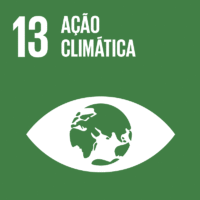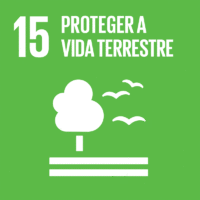Ciência_Iscte
Publicações
Descrição Detalhada da Publicação
Título Revista
CIDADES, Comunidades e Territórios
Ano (publicação definitiva)
2020
Língua
Inglês
País
Portugal
Mais Informação
Web of Science®
Scopus
Google Scholar
Esta publicação não está indexada no Overton
Abstract/Resumo
This paper discusses the existing urban-rural dichotomy in Portuguese urban planning, assuming its importance on food-provision, a basic human need. Our analysis stems from an historical overview at two scales, regional and municipal, within the Lisbon Region. Specifically, we identify key changes between two time-periods: the midtwentieth century, when design-based planning was established in Portugal for larger settlements, and nowadays, when it covers the totality of the national territory, based on land-use. We review these strategies, assessing what approaches would best encompass a sustainable transition of the food system.
We start with the scheme of regional radial axis by architect Étienne de Gröer in contrast with the 2002 Lisbon Regional Plan. We furthermore expose two urbanization plans from 1940s: that of Vila Franca de Xira (1946) by Miguel Jacobetty and Faria da Costa and that of Palmela (1948) by João António Aguiar. Such plans,
highly representative of the planning practices of that era, are then compared with their contemporary counterparts and subsequently with samples of their physical impacts on the ground, based on a morphological analysis of settlements and productive spaces in urban and rural contexts.
Finally, we identify key changes for better use of productive soils within the Lisbon Region, considering challenges posed by international and national agendas.
Agradecimentos/Acknowledgements
--
Palavras-chave
Lisbon region,Urban-rural,Planning,Miguel Jacobetty Rosa,João Guilherme Faria da Costa,João António Aguiar,Food system
Classificação Fields of Science and Technology
- Outras Ciências Naturais - Ciências Naturais
- Outras Engenharias e Tecnologias - Engenharia e Tecnologia
- Outras Ciências Sociais - Ciências Sociais
- Artes - Humanidades
- Outras Humanidades - Humanidades
Registos de financiamentos
| Referência de financiamento | Entidade Financiadora |
|---|---|
| POCI-01-0145-FEDER-016431 | Fundação para a Ciência e a Tecnologia |
| UIDB/03127/2020 | Fundação para a Ciência e a Tecnologia |
Contribuições para os Objetivos do Desenvolvimento Sustentável das Nações Unidas
Com o objetivo de aumentar a investigação direcionada para o cumprimento dos Objetivos do Desenvolvimento Sustentável para 2030 das Nações Unidas, é disponibilizada no Ciência_Iscte a possibilidade de associação, quando aplicável, dos artigos científicos aos Objetivos do Desenvolvimento Sustentável. Estes são os Objetivos do Desenvolvimento Sustentável identificados pelo(s) autor(es) para esta publicação. Para uma informação detalhada dos Objetivos do Desenvolvimento Sustentável, clique aqui.

 English
English




